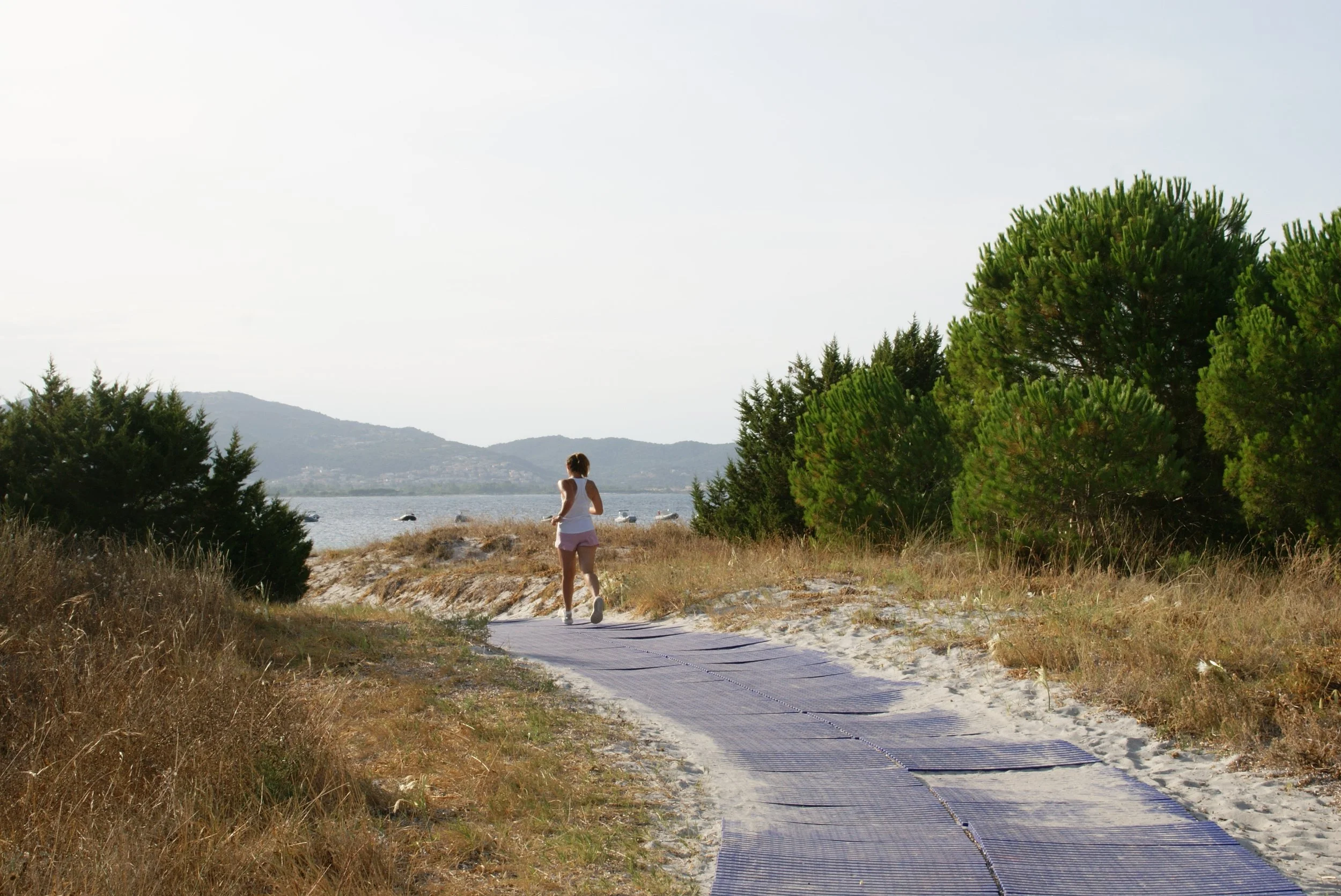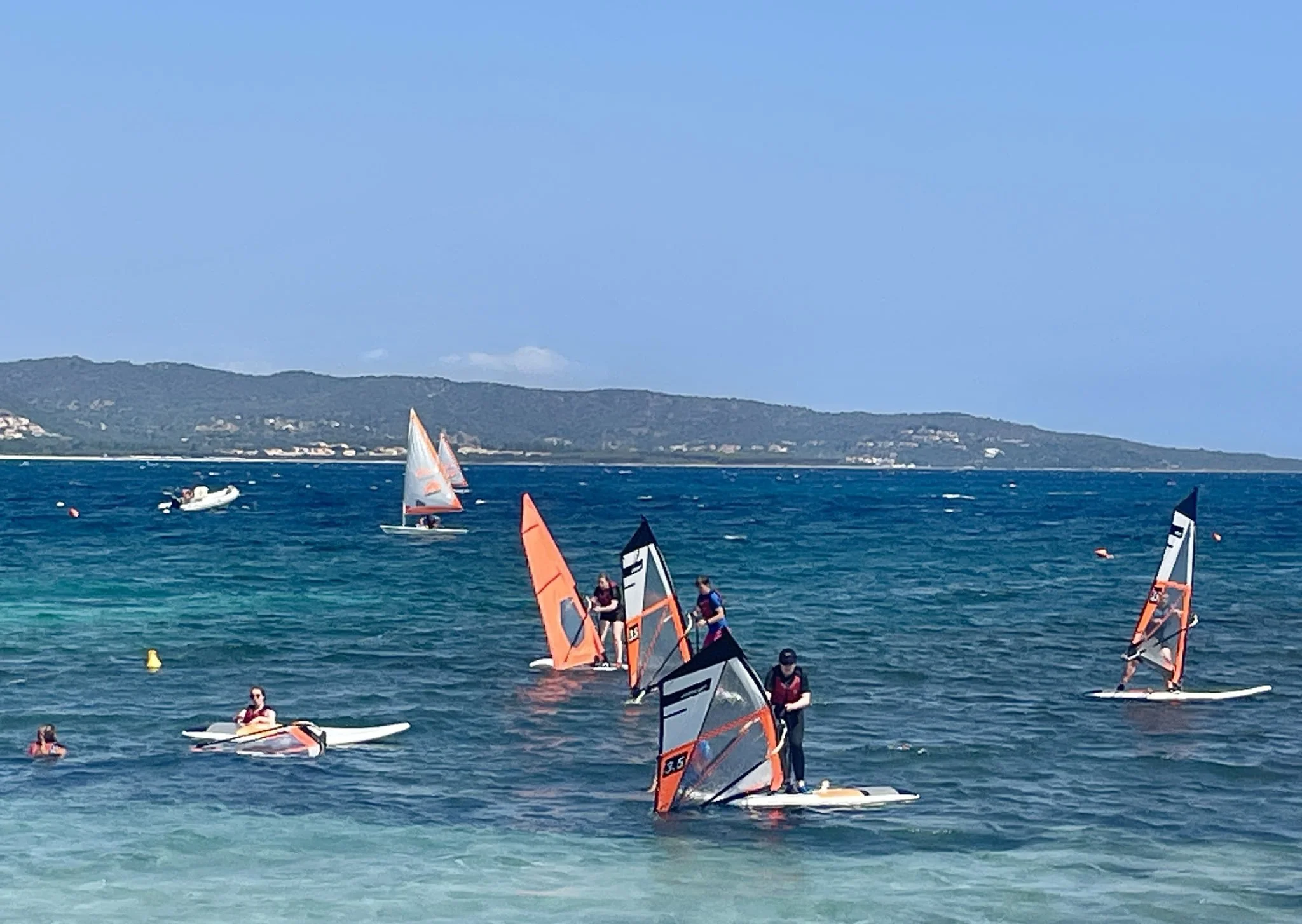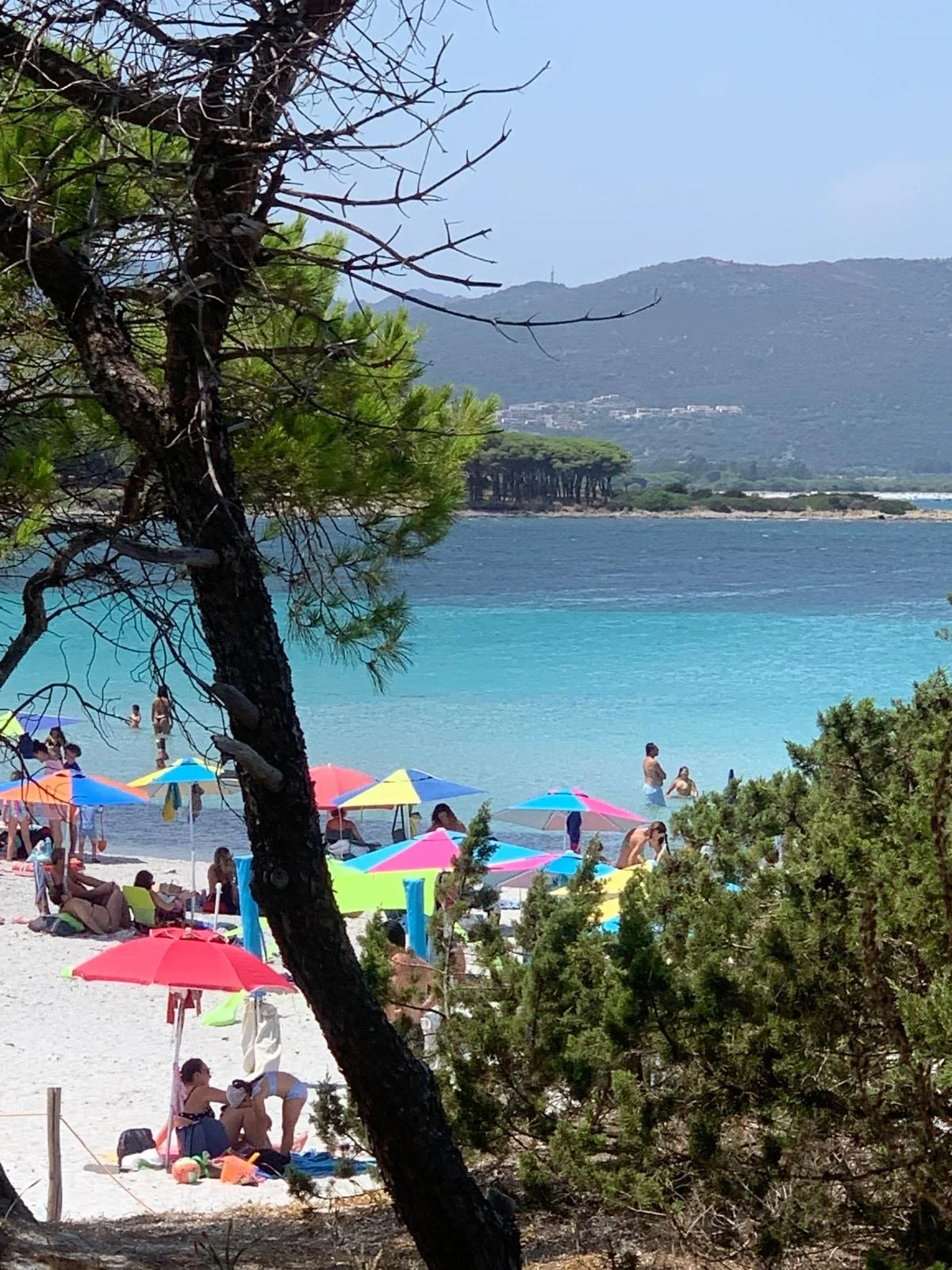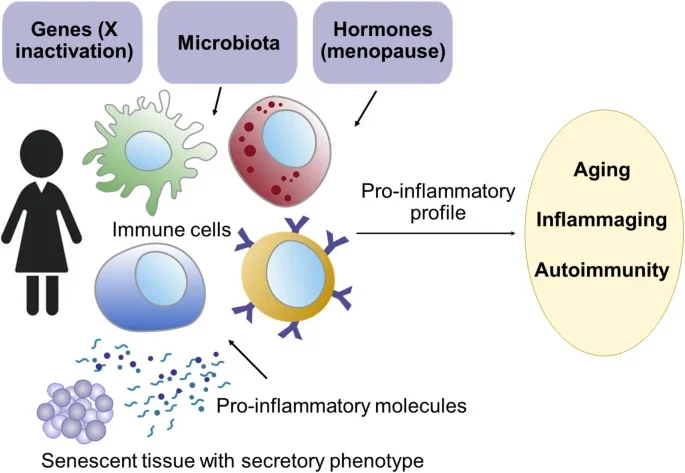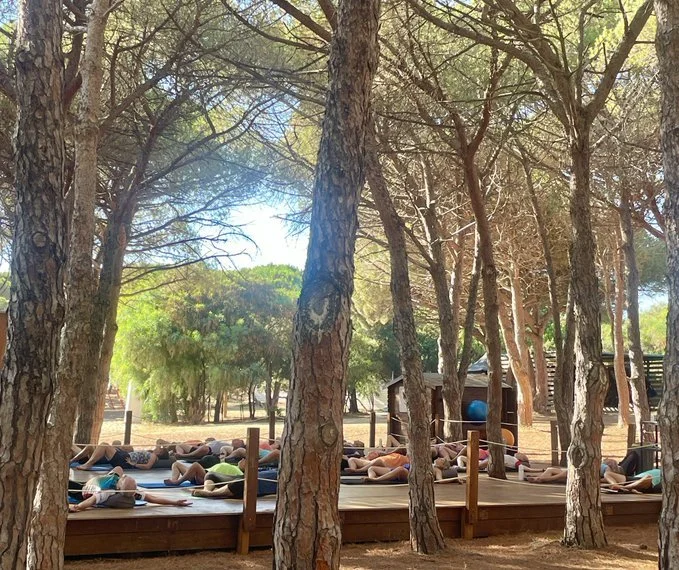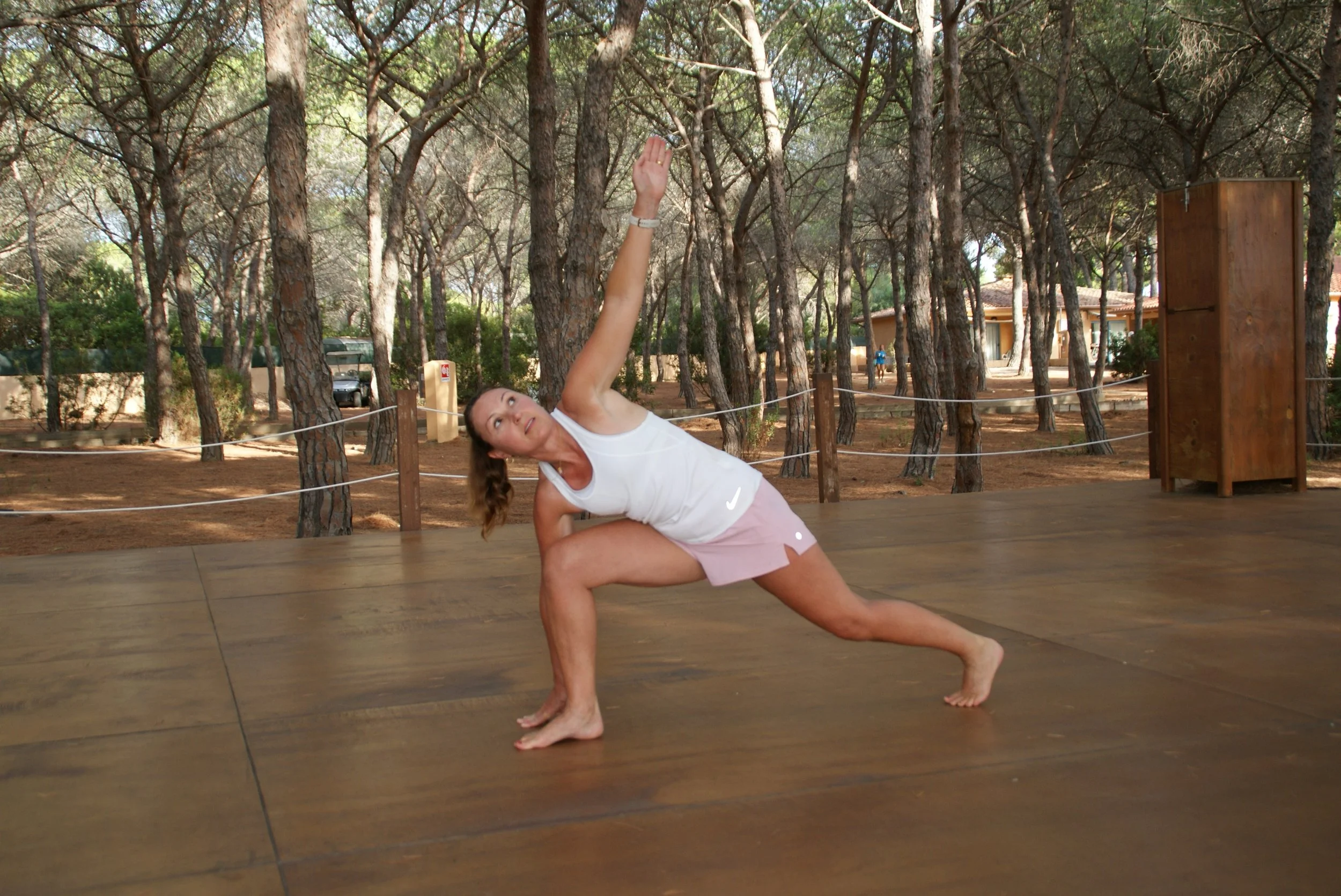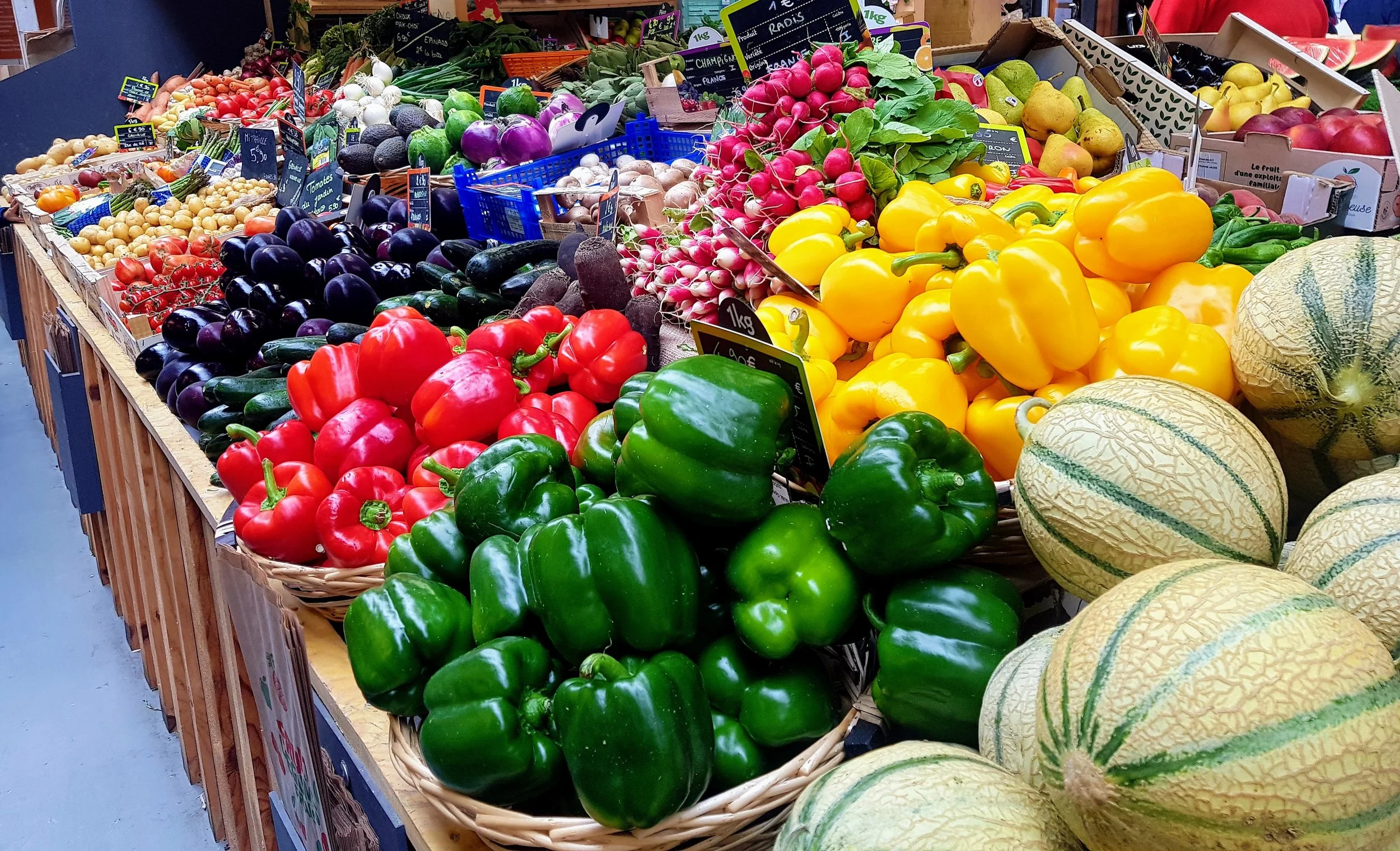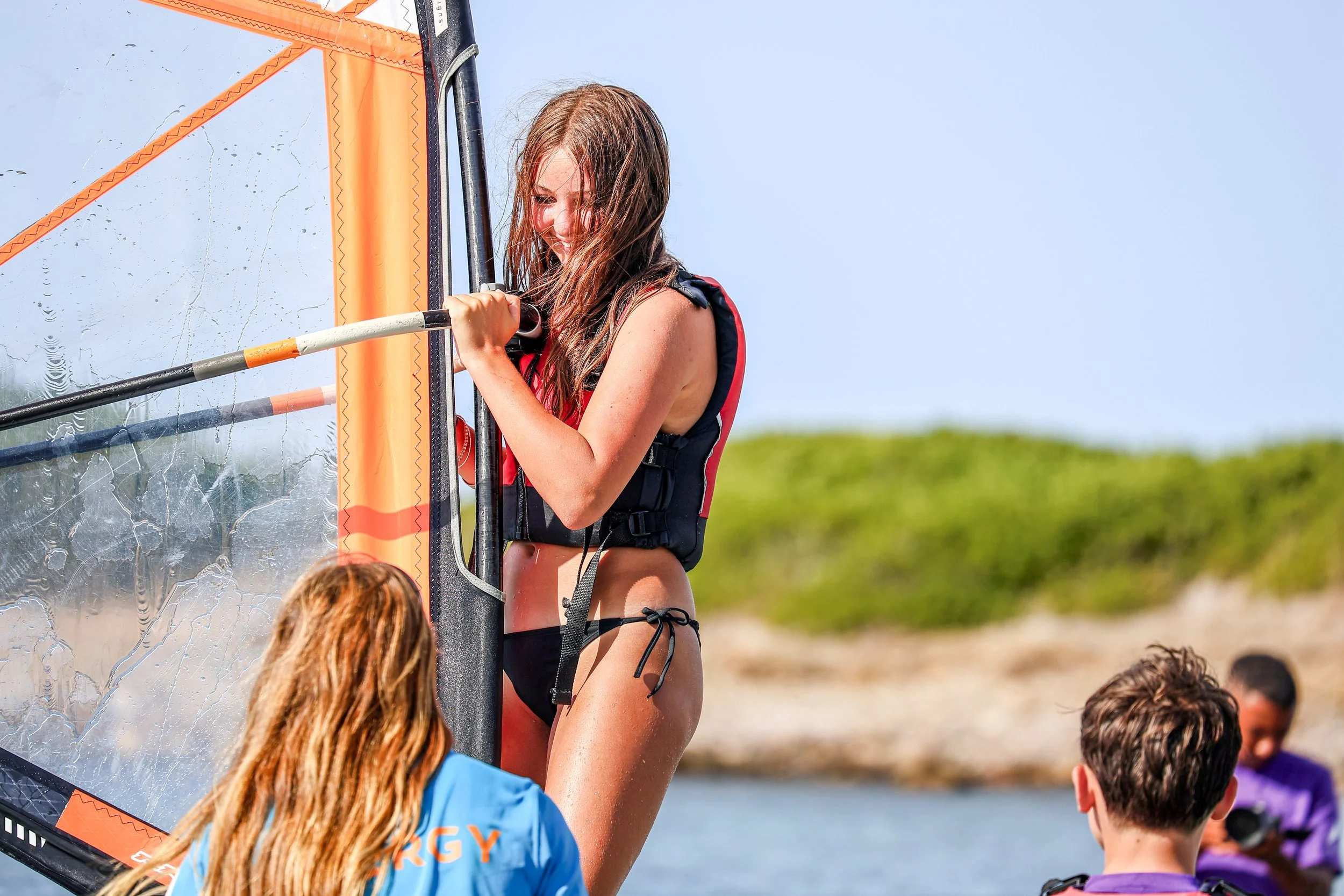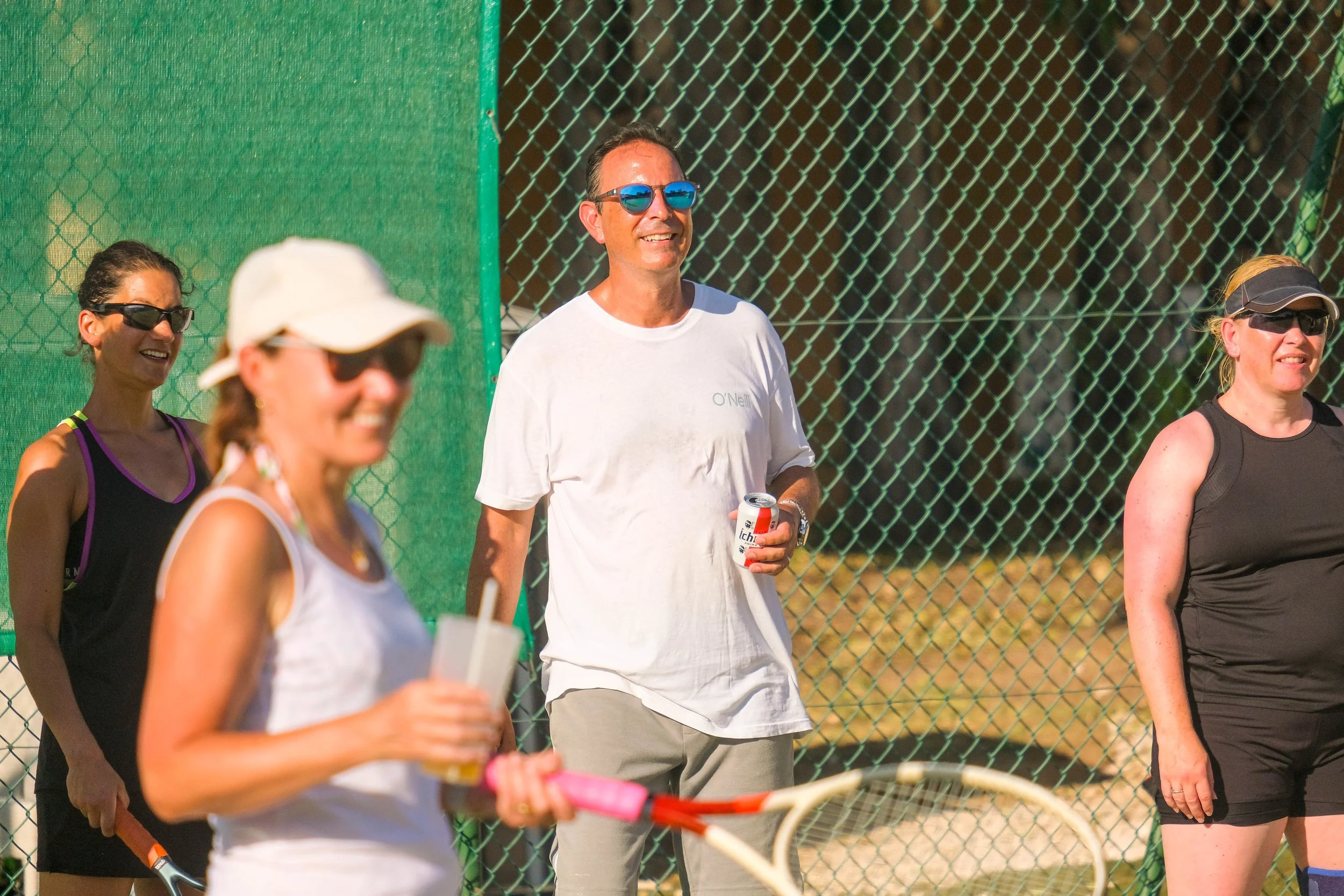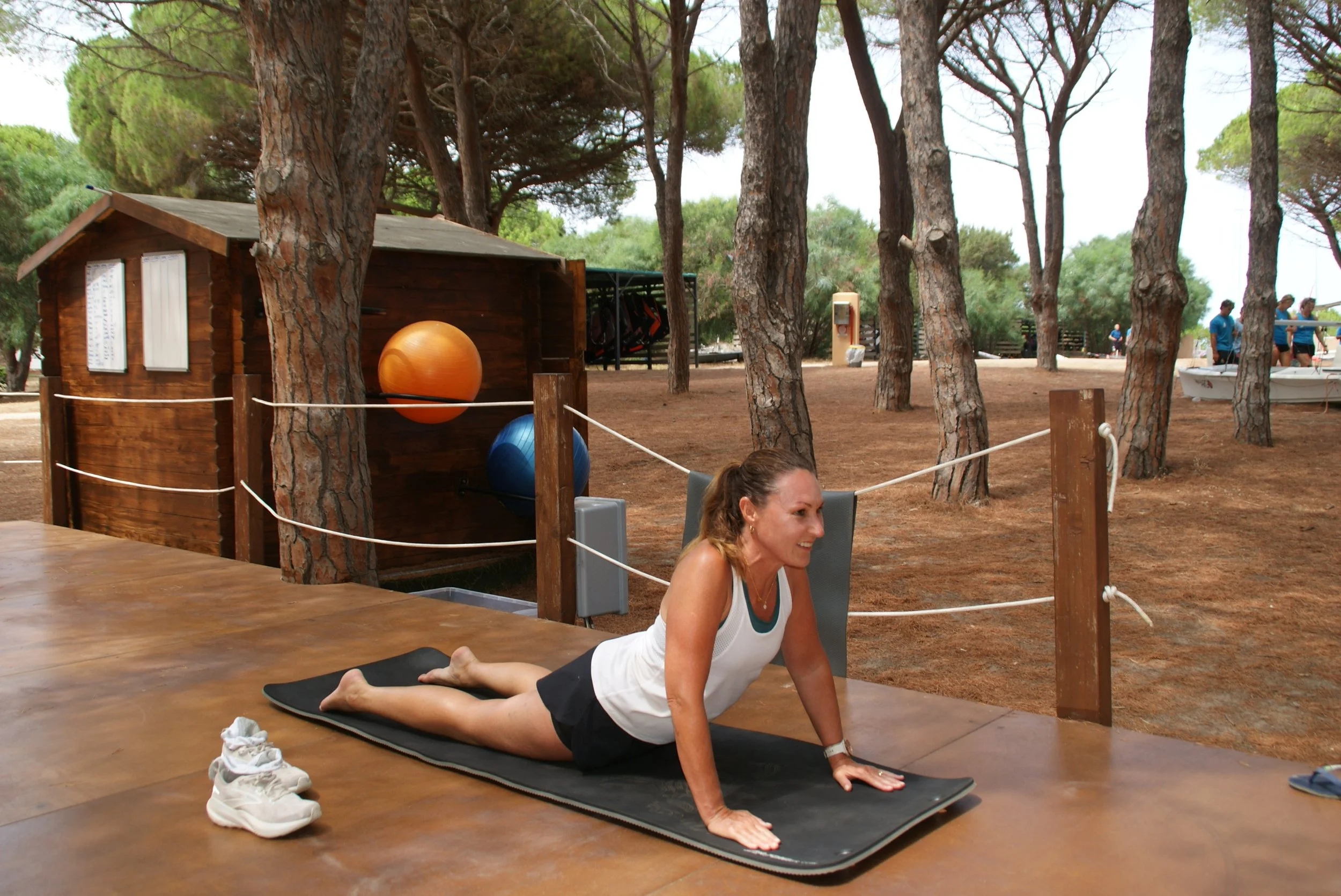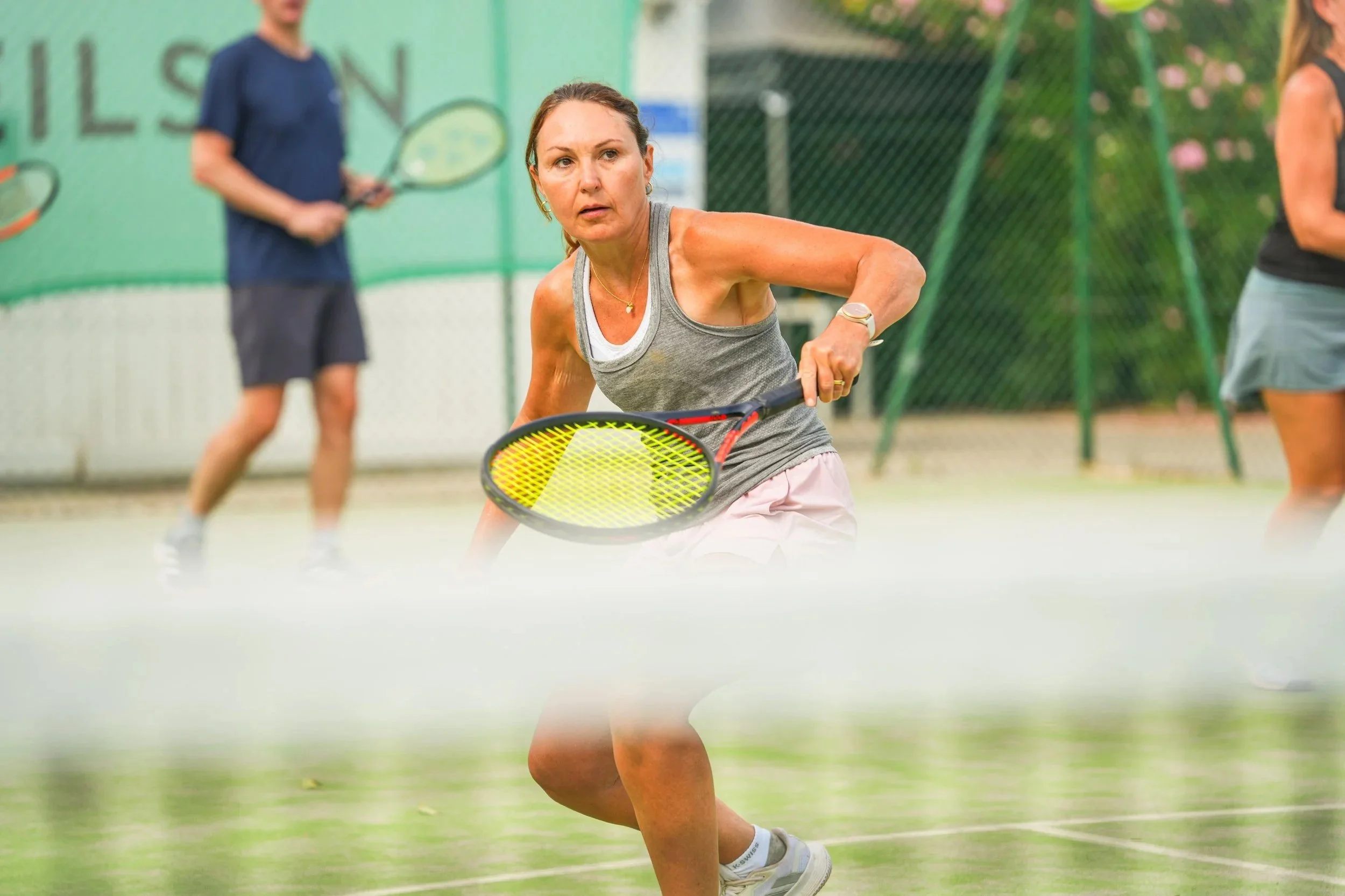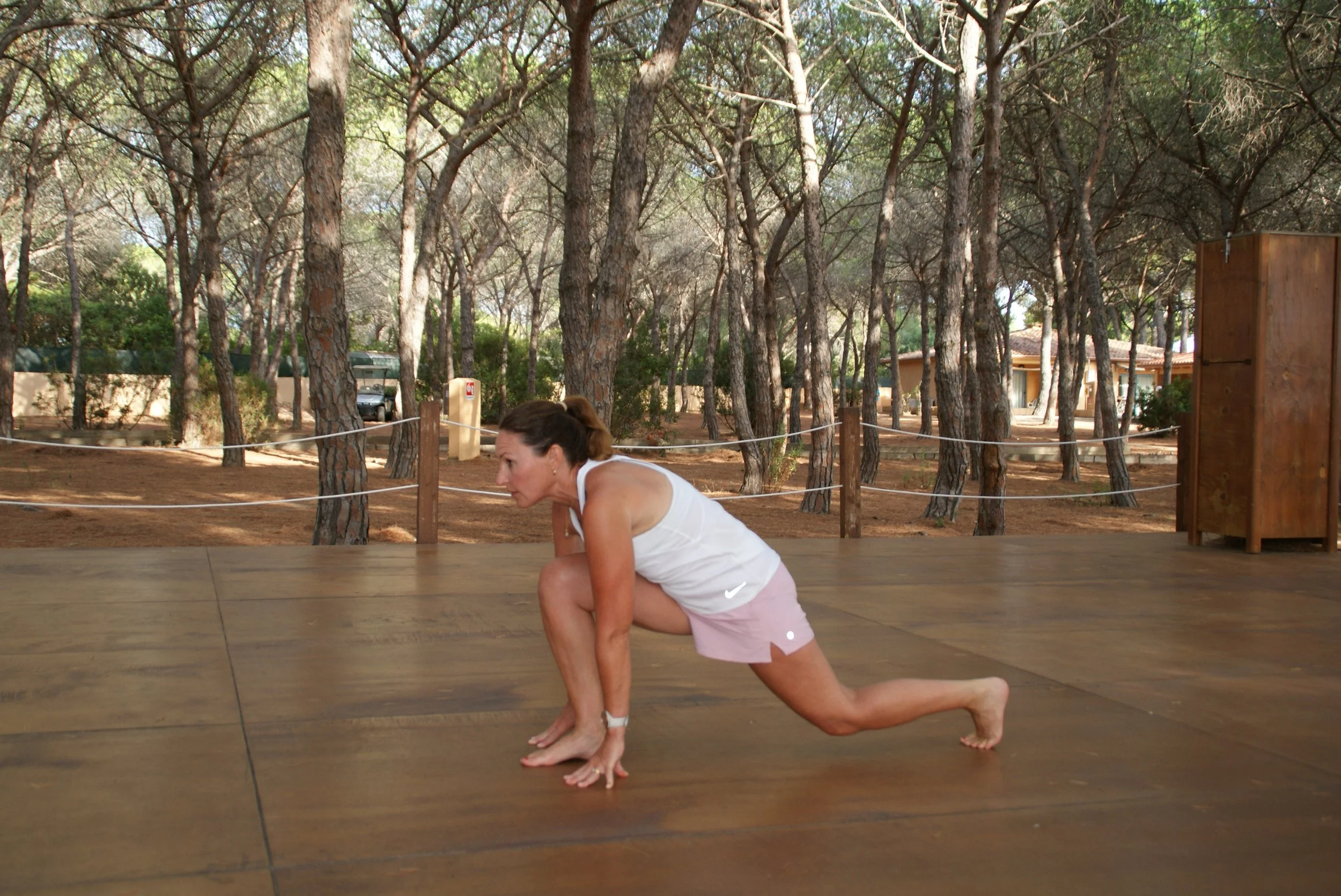Women and ageing: what I learned when visiting a blue zone
I had to pinch myself - how could I be so lucky? I spent my summer holiday on the rugged shores of Sardinia, home to crystal water and one of the world’s coveted Blue Zones. The Blue Zone concept, a term coined by Dan Buettner in the early 2000s, relates to zones identified as home to the longest lived, healthiest people in the world, and the secrets they hold.
Sardinians fare much better in health, happiness and longevity stakes than many western counterparts. For generations they have been walking up and down the steep inland hills, eating a plant based diet complemented by local cheese, and reaping heart health benefits. You couldn’t help but notice extended families relaxing, laughing, swimming and eating together in the early evening sun, and how our incidental movement - challenging walks up to the local restaurant, scouring for treasures at the night market or cooling ocean dips - gave us in inner holiday glow.
Women and Ageing
Women’s bones, joints and muscles do, of course, age differently. Women generally have longer telomeres than men (the protective caps at the ends of chromosomes which shorten with age). Telomere length is a key marker of cellular aging, and is influenced by lifestyle. Oestrogen provides protective benefits for heart and blood vessel health too, which may account for the lower heart disease rates in women. Unfortunately, women are more prone to some inflammatory autoimmune conditions affecting our joints, nerves and connective tissue, like Rheumatoid Arthritis, Lupus, Psoriatic Arthritis, Multiple Sclerosis, Sjogren’s syndrome and Fibromyalgia, as well as osteopenia, osteoporosis, coeliac disease and dementia. Hormonal changes during perimenopause, changes in immune system function and systemic inflammation and other factors can make women susceptible women to develop these conditions in midlife. Those already diagnosed with thes conditions may experience exacerbations too.
The Impact of Menopause on Autoimmune and Rheumatic Diseases. Diagram from Motta et al, 2025 https://doi.org/10.1007/s12016-025-09031-8
We can’t escape our genes, but blue zone researchers and associated studies show that lifestyle contributes enormously to aging better.
Swimming in a blue zone. It’s little wonder the locals look healthy.
My key blue zone take aways
1. Move outside with others as nature intended
This experience reinforced my belief that moving well and fitness is not just about ‘exercise’, counting steps or pushing the body to the limit all the time. Small, regular bouts of activities which get the heart pumping a faster, using the whole body, interspersed with physical activities that are part of daily life, such as walking and gardening, are vital for health too. The luxury of time and the surroundings allowed me to indulge in open water swimming, windsurfing, sailing, paddleboarding, kayaking, playing tennis, cycling, walking and running uphill, and doing daily yoga.
Admittedly, staying active by doing water sports is easier on a stunning Mediterranean island summer holiday, but it’s arguably even more important in the darker months. In small ways, I’m trying to follow the Sardinian way and becoming less dependent on transportation, walking and cycling short distances and seeking out inclines on my dog walks rather than driving.
2. Repose, meditative movement and compassion
A brief rest after lunch in the early afternoon can be a game changer before the flurry of activity that comes later in the day. Sardinian life slowed and shops were shut during their ‘riposa’ after lunch. This tradition is ancient, and the benefits are emerging in studies.
For me, yoga was also a scheduled opportunity for a change in pace and thought. Research shows yoga and meditative practice influences critical processes involved in aging, including inflammation, oxidative stress (the balance between free radicals and antioxidants in the body which impacts cell and tissue damage), immune function, mental acuity, breath control and, importantly, preserving telomere length. Be kind to yourself too…compassion based meditation and mindfulness, may help protect brain health as we age by reducing stress, depression, and loneliness, key risk factors for Alzheimer’s.
3. Eat like a Mediterranean Islander
At home, the morning rush, being a kids taxi service and constant chores disrupt me. I quickly grew to love the routine of communal eating at regular times. We are designed to respect the rhythms of our bodies, nature’s eternal cues to wake and sleep according to the light and internal hunger cues: so often ignore them.
The benefits of a Mediterranean diet have long been known, but experiencing the simplicity of this on a daily basis was inspiring. Blue Zone research repetitively shows that a plant based diet is the heart of family life. Carbohydrates, rather than treated with derision or in the form of fizzy sugar drinks, are also key. So are carbs and dairy really the enemies? Clearly not. The key seems to be in the quality, preparation and eating them as part of plant based meals accented by, but not dominated by meat or fish, and possibly a small glass of anti oxidant rich Cannonau wine. For those curious about where wine fits in, the science, and even if it should, this discussion with a registered dietitian strikes a balance.
Nutritionally rich and relatively inexpensive beans, richly coloured vegetables, whole grains, sour dough bread and fish filled our plates, sometimes complemented by Italian cheese. Sardinian sheep and goat cheeses are rich in omega 3 fatty acids, probiotics from fermentation and calcium, and in turn support gut health and bone density.
Since arriving home I’ve pulled out my vintage Italian cookbooks and Claudia Roden’s Med to keep the holiday feeling alive.
Polyphenols are responsible for the vibrant colours in vegetables, providing health benefits like antioxidant and anti-inflammatory properties.
4. Connect with others
In the late afternoons, local family groups, often across generations, come together on the beach to play in the water, laugh and chat and stroll. Holidays helped us follow suit, spending time as a family (until our children dumped us and made their own friends!). According to Blue Zone researchers, family centred, community centred activities and respect for elders help bond Sardinians. Embracing the wisdom that comes with age and support of community might just help midlife western women like me get through the week a little more easily, and, who knows, maybe live a longer and more fulfilled life.
The collective sense of achievement I experienced with other women during and after a morning open water distance swim was so satisfying, and a reminder that shared movement based experiences truly boost the mood and help keep us on track (quite literally when you’re following someone’s bobbing swimming cap in front of you). Accountability and encouragement pushed me further than I would have pushed myself.
5. Step out of your comfort zone (and maybe onto a onto a boat, into a kayak, paddle board, windsurf board or tennis court)
Having grown up on the Australian east coast, being in the water is second nature. Windsurfing was not! My son and I did a 4 day windsurfing course, and despite being wacked in the mouth by the boom, I loved learning a new skill. I relied on and developed my rusty surfboard balance skills, while reading and feeling the power of the wind and waves was humbling. I played tennis every day when I was away, and have joined a new tennis club since returning. My technique has long been surpassed by my children, but I’m playing catch up and loving the learning process.
Learning new skills and moving in different ways is truly anti-ageing. Neuroplasticity is the ability of our brains and wider nervous system to change through growth and reorganisation. We make new brain-body connections when learning new skills, and move our joints and muscles in unfamiliar ways, and our ability to keep doing this helps stave off physical and cognitive decline.
Within the brain, the hippocampus - which is key for memory, learning, mood and the developing new nervous system tissues - is impaired by age. Exercise helps counteract these changes.
Women’s balance also deteriorates with age, contributing to falls and loss of independence later in life, and whilst standing on 1 leg with your eyes shut is a good start, balance activity while moving is essential for women. Frozen shoulder, recently shown to be directly impacted by oestrogen depletion in perimenopause, is more common in women who don’t regularly move and exercise their arms in multiple directions.
If you’re looking for something new to do, the options are endless. From knitting or playing an instrument to golf or something more adventurous, it all helps, and there’s something for everyone.


